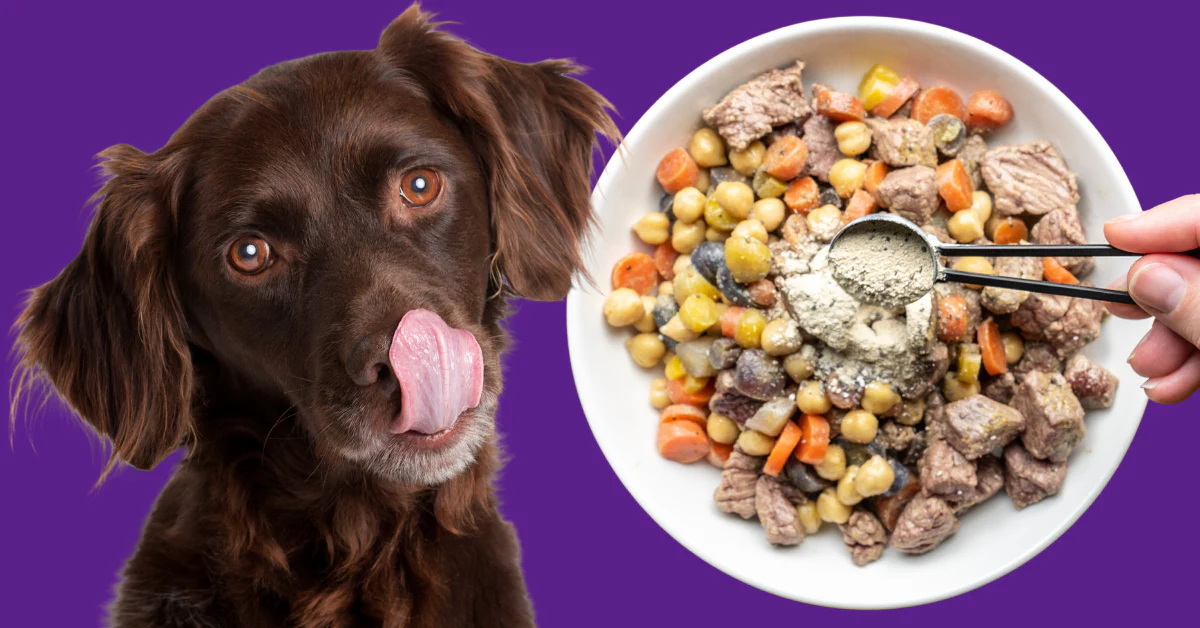Chickpeas, also known as garbanzo beans, are a popular food choice in many households. As more pet owners look to share healthy snacks with their dogs, it’s important to understand which human foods are safe for canine consumption. In this article, we will explore whether dogs can have chickpeas, their nutritional benefits, potential risks, and how to prepare them safely for your furry friend.
Are Chickpeas Safe for Dogs?
Yes, chickpeas are generally safe for dogs to eat when prepared properly and served in moderation. They can be a nutritious addition to your dog’s diet, providing several health benefits. However, it's essential to follow certain guidelines to ensure their safety.
Nutritional Benefits of Chickpeas for Dogs
Chickpeas are packed with nutrients that can benefit your dog's health in various ways:
-
High in Protein
Chickpeas are an excellent source of plant-based protein, which is essential for muscle development and maintenance in dogs. While dogs require animal-based proteins for optimal health, chickpeas can serve as a beneficial supplement. -
Rich in Fiber
The dietary fiber in chickpeas can aid in digestion and help maintain regular bowel movements. Fiber can also help dogs feel fuller for longer, making it useful for those who need to manage their weight. -
Vitamins and Minerals
Chickpeas are rich in essential vitamins and minerals, including B vitamins, iron, magnesium, and potassium. These nutrients support energy production, muscle function, and overall health. -
Antioxidant Properties
Chickpeas contain antioxidants, which can help combat oxidative stress and reduce inflammation in the body. This may contribute to better overall health and longevity in dogs.
How to Safely Serve Chickpeas to Dogs
While chickpeas are safe, it's crucial to prepare them correctly before sharing with your dog. Here are some tips for safely serving chickpeas:
1. Cooked Only
Always serve chickpeas cooked, as raw chickpeas can be hard for dogs to digest and may pose a choking hazard. Boil or steam them until they are soft.
2. Avoid Added Ingredients
Do not serve chickpeas that have been seasoned or cooked with ingredients that are harmful to dogs, such as garlic, onions, or excessive salt. Plain, unseasoned chickpeas are the best option.
3. Start Small
When introducing chickpeas to your dog’s diet, start with a small amount. This allows you to monitor for any digestive issues, as some dogs may be sensitive to high-fiber foods.
4. Rinse Canned Chickpeas
If using canned chickpeas, choose those without added salt or preservatives. Rinse them thoroughly to remove excess sodium and other chemicals before serving.
Potential Risks of Feeding Chickpeas to Dogs
While chickpeas offer many benefits, there are some potential risks to consider:
-
Digestive Upset
Introducing chickpeas too quickly or feeding large quantities can lead to digestive issues, such as gas, bloating, or diarrhea. Always monitor your dog after trying a new food. -
Allergic Reactions
Some dogs may be allergic to legumes, including chickpeas. Signs of an allergic reaction can include itching, swelling, or gastrointestinal upset. If you notice any of these symptoms, stop feeding chickpeas and consult your veterinarian. -
Choking Hazard
Whole chickpeas can be a choking hazard, particularly for small dogs. It may be advisable to mash or puree the chickpeas before serving to minimize this risk. -
High Fiber Content
While fiber is beneficial, too much can lead to digestive discomfort. Moderation is key to preventing issues like constipation or diarrhea.
How to Incorporate Chickpeas into Your Dog’s Diet
If your dog enjoys chickpeas, there are several ways to incorporate them into their meals:
-
As a Snack
Offer cooked chickpeas as a healthy treat during training sessions or as a reward. Their nutty flavor can be appealing to many dogs. -
In Homemade Dog Treats
Chickpeas can be used in homemade dog treats. Combine mashed chickpeas with dog-safe ingredients like whole wheat flour, oats, and pumpkin to create nutritious snacks. -
Mixed with Other Foods
Mix cooked chickpeas with your dog’s regular food or other vegetables to enhance their meal. This can add texture and flavor while boosting nutritional value. -
Pureed for Older Dogs
For dogs that have difficulty chewing, consider pureeing cooked chickpeas. This makes them easier to consume and digest.
Final Verdict: Can Dogs Have Chickpeas?
In summary, dogs can enjoy chickpeas when they are cooked, unseasoned, and served in moderation. Chickpeas are a nutritious source of protein, fiber, and essential vitamins that can benefit your dog’s health. However, it’s essential to introduce them gradually and monitor your dog for any adverse reactions.
As always, consult with your veterinarian before adding new foods to your dog’s diet, especially if your pet has existing health issues. When prepared and served correctly, chickpeas can be a delightful and healthy treat for your furry companion!


